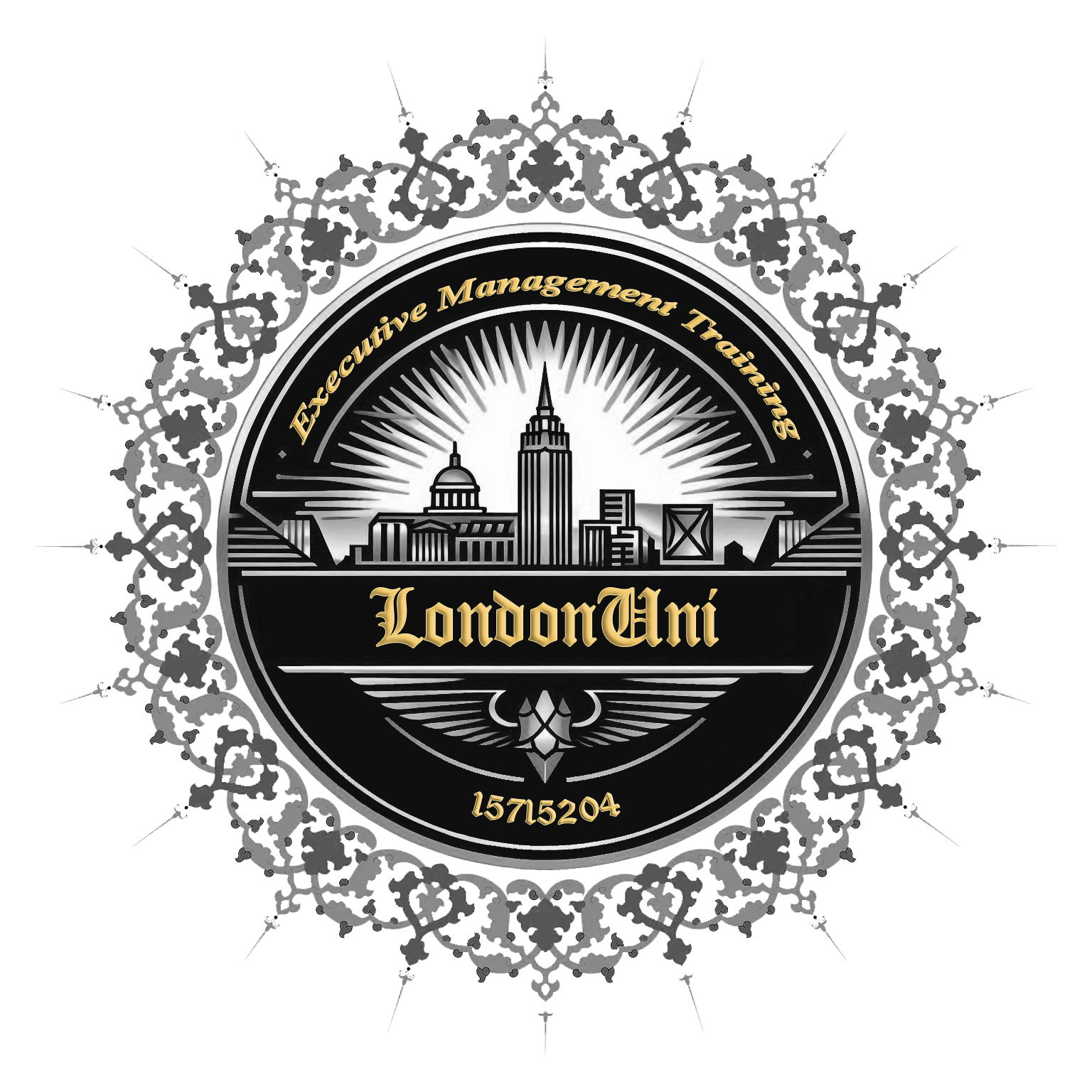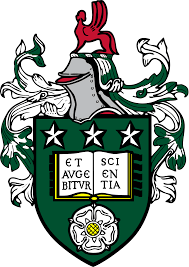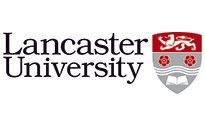Day 1:
Introduction to Building Rehabilitation and Repair
Overview of Building Rehabilitation: Definitions, scope, and significance of rehabilitation and repair in modern construction.
Building Assessment Techniques: Methods for evaluating the condition of structures, including visual inspections, non-destructive testing, and diagnostic tools.
Fundamentals of Repair Management: Understanding the repair process, from identification of issues to execution.
Compliance and Legal Requirements: Overview of regulations governing building rehabilitation, including codes, standards, and environmental guidelines.
Day 2:
Strategic Planning for Rehabilitation Projects
Developing a Rehabilitation Plan: Key elements of a successful strategy for planning rehabilitation projects.
Risk Management in Building Rehabilitation: Identifying and mitigating potential risks in repair and rehabilitation projects.
Material Selection and Repair Techniques: Exploring appropriate materials and methods for different types of repairs.
Sustainability Considerations: Incorporating energy efficiency, sustainability, and green technologies in rehabilitation strategies.
Day 3:
Heritage and Historical Building Rehabilitation
Challenges in Heritage Preservation: Special considerations in rehabilitating heritage and historical buildings.
Balancing Modernization and Preservation: Techniques for integrating contemporary systems while preserving historical elements.
Case Studies of Successful Heritage Projects: Real-world examples of effective heritage rehabilitation and repair.
Cultural and Legal Constraints in Heritage Projects: Navigating cultural sensitivities and legal frameworks when working with historic properties.
Day 4:
Project Management in Rehabilitation and Repair
Managing Rehabilitation Projects: Practical aspects of managing repair projects, including budgeting, scheduling, and stakeholder coordination.
Quality Control and Assurance: Ensuring repairs meet industry standards and regulatory requirements.
Addressing Challenges in Complex Projects: Managing unforeseen issues and complexities in large-scale rehabilitation projects.
Technology in Repair Management: Leveraging modern technologies such as BIM (Building Information Modeling) for improved project management and efficiency.
Day 5:
Advanced Practices and Future Trends in Rehabilitation
Innovations in Repair and Rehabilitation: Exploring emerging trends and technologies, including advanced materials and automated repair solutions.
Circular Economy in Building Rehabilitation: The role of the circular economy in extending the lifespan of buildings and reducing waste.
Planning for Long-Term Maintenance: Developing strategies for ongoing maintenance and future-proofing buildings after rehabilitation.
Final Case Study Review and Discussion: A comprehensive discussion of case studies, highlighting the application of learned concepts and best practices.























































